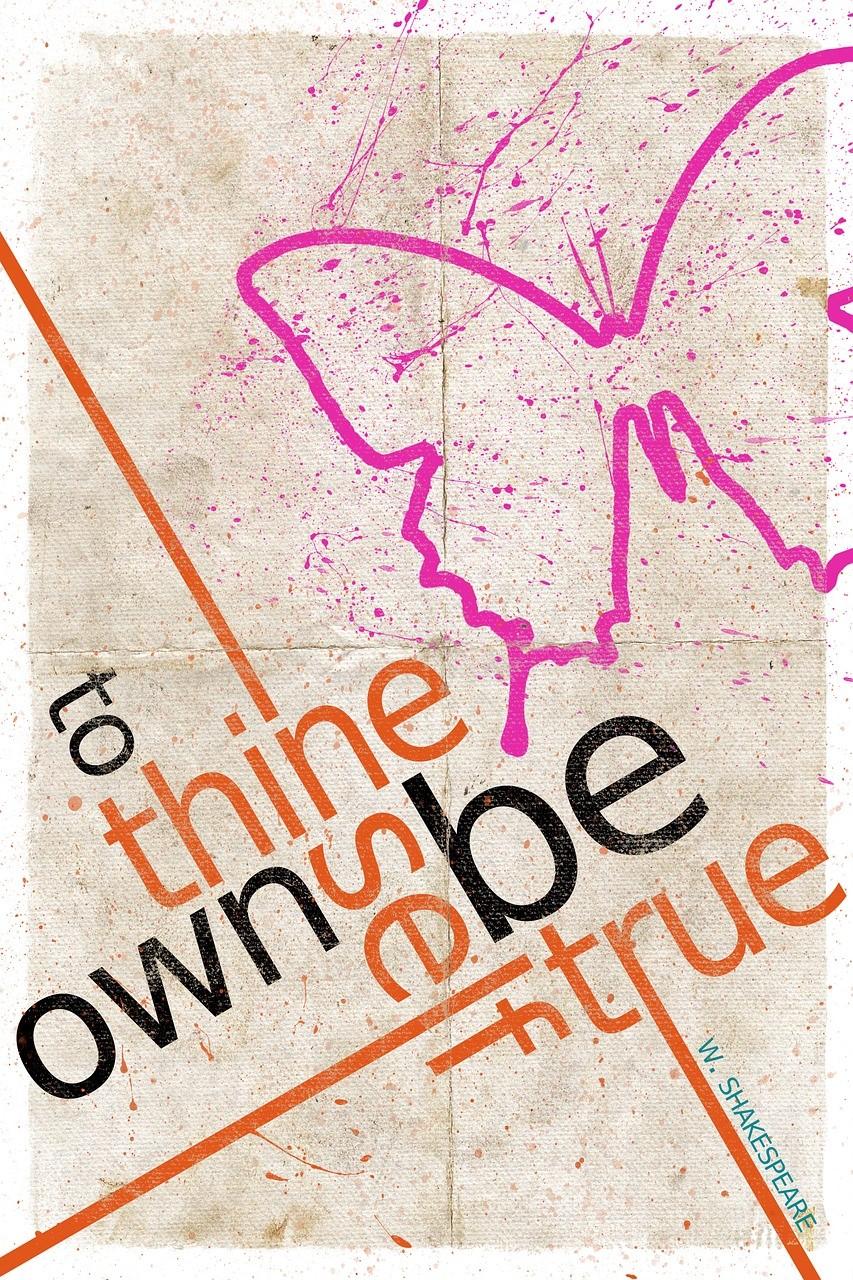When self-esteem is lower than it should be, self-advocacy almost always suffers too.
After All, when we are not feeling worthy of our own admiration and love, we likely do not expect others to recognize our worth, either.
It’s hard to convince someone else of their worth. Anyone who has ever tried to praise a friend who was struggling with this issue would surely tell you that it was met with resistance or doubt. When it comes to recognizing our own worth, it is also difficult to challenge those well-worn thought patterns.
Self-esteem issues can stem from a variety of underlying factors.
Whether it is drawn from negative childhood experiences or other life circumstances, low self-esteem is a common source of distress. Sometimes it can be debilitating and even sabotage opportunities for relationships, careers or other types of life satisfaction.
Understanding the Source
We don’t have to thoroughly understand all the aspects of low self-esteem to improve it, but it helps to have some general ideas of what has impacted it over time. Ask yourself a few questions to explore the source of your low self-esteem.
When did you begin to feel this way about yourself?
Do you recall a time in your life when you didn’t feel badly about yourself? Explore the timeframe around when this changed and what some of the factors were in changing your view of self.
What are your areas where you are prone to negative self-esteem?
Often times self esteem doesn’t hit every aspect of your life. There may be areas in which your self esteem is fairly healthy. For example, are you confident in your organizational skills and intelligence, but have low self-esteem about your people skills?
Do you have certain areas in which your esteem tends to lag? Examine the source of that lag; where and how did you learn to judge yourself in this negative way?
Is this an objective fact about me, or a biased opinion?
Self-esteem doesn’t always tell the truth. Are you convinced of something negative about yourself that others have confirmed? Are you making a leap in conclusions about this or is it actual fact? If your low self-esteem is based in something undeniably factual, challenge your insistence on being perfect.
The areas that you have skill in, others fall short. The areas that you aren’t as skilled or blessed in are areas where others have skill. This is not a statement about how terrible you are, but more a fact of being human. All of us have strengths and deficits, and that’s ok.
Take an Inventory of Impact
Pay attention to the areas in which your low self-esteem has impacted your life. Try to sit with these factors non-judgmentally. The purpose is to shift your thinking over to the cost of retaining this way of thinking about yourself.
Have you been hesitant to take a chance on something that may have brought you greater joy or satisfaction?
Maybe you passed up an opportunity to expand your education or take a job that seemed like a good challenge. Did low self-esteem keep you stuck in a dead-end job for too long, or hesitant to ask for a raise? Maybe you didn’t have self-confidence to take a chance on a big move to a new place.
Has low self-esteem kept you tethered to an unhealthy relationship?
Low self-esteem may try to convince you that you’re not worthy of better treatment, or that you would never meet another partner. Low self-esteem may even convince you that you need to have a partner and can’t be on your own.
Has low self-esteem resulted in decreased self-care or attention to your mind, body and spirit?
Many times people with low self esteem are less inclined to seek medical care or attend to their personal needs. It may be an assumption that a condition isn’t serious enough to bother with, or a deeply ingrained lack of care for one’s own wellbeing that drives this self-neglect.
Building Self Advocacy Skills
The irony of low self-esteem and diminished self-advocacy is that they feed off one another. If you are feeling badly about yourself and not able to advocate for your needs and wants, the lack of self-advocacy drives you further into the pit of low self-esteem.
This becomes a cyclical process in which you feel badly about feeling badly, and so on. It furthers the feeling of hopelessness and self-doubt because it reinforces a feeling of helplessness in changing the situation.
Try to break out of this cycle by using some of these ideas to push yourself out of your area of comfort.
Make a self-advocacy wish-list.
What would you do if you knew you could not fail? Imagine that all the things you wish you could self-advocate for were within your reach if you only started the process, asked the question, or put yourself out there.
Create your self-advocacy wish list. When you have written it, prioritize from most-to-least important.
Do it regardless of your self-doubt.
If you wait to feel “good” about yourself, you’ll never self-advocate. Sometimes the best way to work toward increased self-esteem is to act “as if” you were already feeling confident.
Think of one of the items on your wish list for self-advocacy. Start with one that seems less daunting at first and make a commitment to yourself to advocate for that in your life today. You will be nervous, and that is ok.
Feeling nervous is not an indication that you aren’t doing the right thing, it is a simple reflection of your low self-esteem.
Practicing self-advocacy will get easier the more you sit through the discomfort.
Sometimes people with self-esteem challenges become convinced that they should not ask for what they need because they will only be denied.
Whether you are denied or not, learning to self-advocate is an excellent way to toughen up that tolerance and learn not to take rejection personally. And when you are not denied, it will be an excellent way to learn that self-advocacy can bring you good things.
Practice the skills.
Ask a friend to role model a dialogue you might have in a self-advocacy situation. Perhaps your friend would be willing to offer some insight into his or her view of you to shed a little more reasonable light on your strengths.
What wording will you use? If you were encouraging your friend to self-advocate, what would you suggest that they say?
Low self-esteem and diminished self-advocacy can be managed and improved.
Your quality of life will expand right along with your view of self, once you are able to see your strengths and begin living a life in which you are aware of your value.
Thank you for reading!


